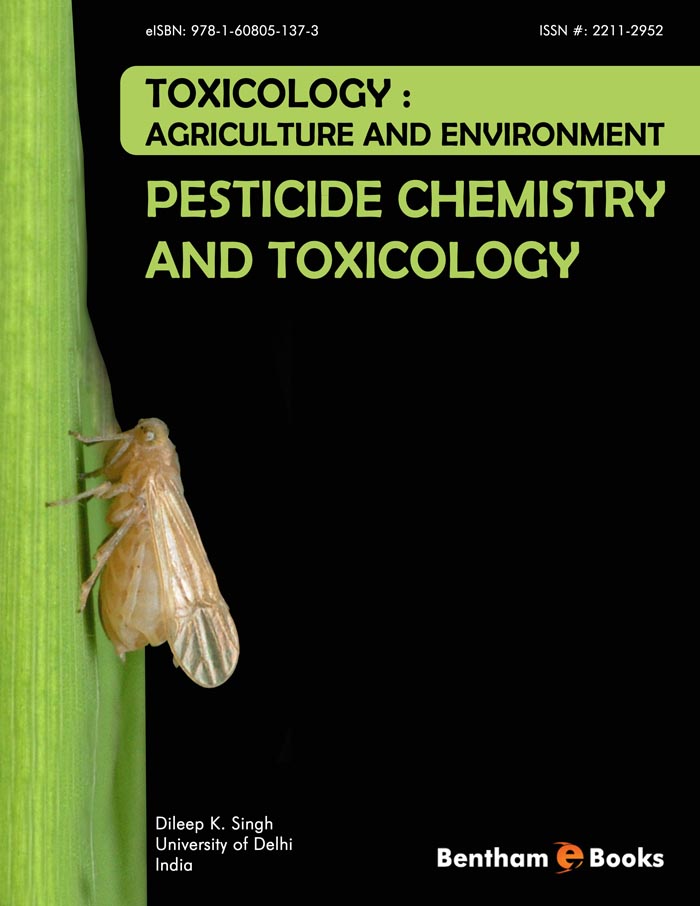Introduction
Pesticide control involves killing pest organisms or otherwise preventing them from destructive behavior. Pesticides are either natural or synthetic and are applied to target pests in a myriad of formulations (EC,WP, SP, FP, G etc.) and application technology systems (sprays, baits, slow-release diffusion, dust, etc.). In recent years, the bacterial genes coding for insecticidal proteins have been incorporated into various crops that dealt with the mortality of the pests feeding on them. Many other eco-friendly methods for insect pest control such as Integrated Pest Management (IPM), use of bio-pesticides etc., are becoming popular. Bio-pesticides and IPM should show good growth in the future, as there is growing concern for the eco-friendly organic agriculture and could be achieved through Good Agriculture Practices (GAP).
Use of pesticides requires a proper understanding of the chemistry, their handling and their use in crop protection or hygiene. These are toxic chemicals and require a good understanding of therapy and antidotes at the time of poisoning. This e-book covers pesticide chemistry, metabolic/degradation pathways, biochemical toxicology, therapy and antidotes, nano-pesticides and terminologies associated with pesticide toxicology. The book should serve as a text book for academia, or as a reference work for agriculturists, environmentalists and industry professionals.

